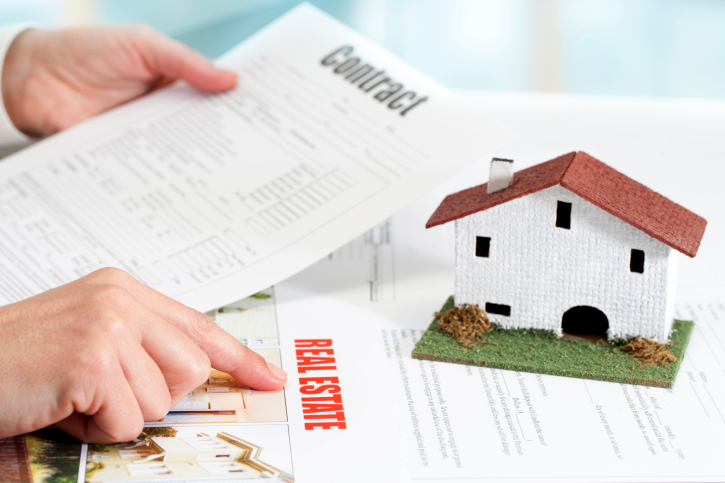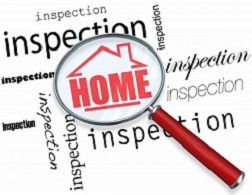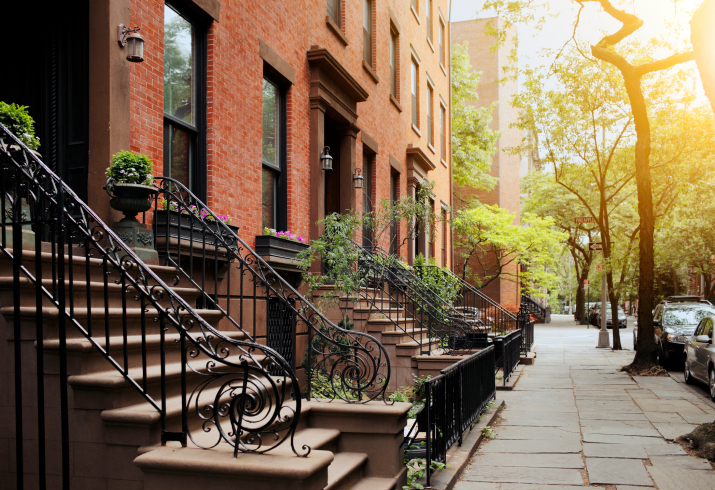 It can take a time and effort to find the perfect home to purchase. After you have found that home, you need to convince the seller that your offer is the one they want to choose. There may be multiple offers made at the same time, and you may be in a situation where you are competing for the home.
It can take a time and effort to find the perfect home to purchase. After you have found that home, you need to convince the seller that your offer is the one they want to choose. There may be multiple offers made at the same time, and you may be in a situation where you are competing for the home.
Even if your offer is the only one the seller receives, there is no requirement that they must accept the offer you make. Crafting an effective offer that will catch the seller’s attention is important, and you may be able to accomplish this by following a few tips.
Offer Close To The Asking Price
One of the first things most sellers will look at when they receive an offer is the price you are offering to pay. You may feel as though the seller is asking too much for the home, and your agent may advise you to offer a lower price. On the other hand, there may be multiple offers, and you may feel as though you need to offer a price higher than what is being requested. With your real estate agent’s advice in mind, consider that a seller will be more inclined to accept an offer if it is close to what they are asking. If your offer is too low, they may decline it without looking at the other merits to your offer.
Request A Quick Closing
When you prepare your offer, one of the factors that you will have control over is the requested closing date. Sellers generally want to close quickly, but this is not always the case. Each market is unique, but a general rule of thumb is to offer a closing date that is 21 to 28 days away, contingent on mortgage approval. You may work with your real estate agent and mortgage company to determine when a reasonable closing date is. However, offering a quick closing generally shows that you are a motivated buyer.
Choose A Shorter Option Period
A sales contract has an option period, which allows the buyer to back out of the deal for any reason. This may be a time when you get your third party reports, such as the property inspection, completed. A shorter option period may be preferred by sellers. This is because the buyer is generally locked into the contract contingent on mortgage approval after the option period has expired.
Offer A Higher Non-Refundable Good Faith Amount
When you make an offer, you will also give the seller a good faith or earnest money deposit. The amount of the deposit will be disclosed in the contract, and you will typically hand it off after the offer has been accepted. This is the amount of money that you stand to lose if you do not follow through on the terms of the contract. A higher good faith or earnest money amount shows that you are serious about buying the home.
There are many factors that a seller is thinking about when reviewing an offer. While the entire offer will be reviewed fully, the fact is that these factors are generally given significant weight in most seller decisions. You can work with your real estate agent to structure the best offer possible.
 There’s a whole lot to learn when buying one’s first home, an investment that can bring joy, but sometimes, grief. A competent real estate agent can assist in locating those homes that meet the home buyer’s needs and can advise on factors such as market value of the home and neighborhood services. The agent will help the buyer through the negotiation and purchase process. But the buyer should take responsibility to make sure that the steps below are taken.
There’s a whole lot to learn when buying one’s first home, an investment that can bring joy, but sometimes, grief. A competent real estate agent can assist in locating those homes that meet the home buyer’s needs and can advise on factors such as market value of the home and neighborhood services. The agent will help the buyer through the negotiation and purchase process. But the buyer should take responsibility to make sure that the steps below are taken. Your home is your castle, your own little piece of the American dream. But lately, your little corner of the world has been feeling cramped and you find yourself eyeing those larger homes. Is it time to pull up stakes and move on from your starter home?
Your home is your castle, your own little piece of the American dream. But lately, your little corner of the world has been feeling cramped and you find yourself eyeing those larger homes. Is it time to pull up stakes and move on from your starter home? Many buyers anticipate the day they drive to their new home. Then it happens: the movers pull up. It’s time to move everything in. This can be a daunting task, but following a few steps will break down the work and careful planning will maximize space in the years ahead.
Many buyers anticipate the day they drive to their new home. Then it happens: the movers pull up. It’s time to move everything in. This can be a daunting task, but following a few steps will break down the work and careful planning will maximize space in the years ahead. Finding the perfect property is an exciting feeling, but its relative location can leave a lot of room for worry. Buying a home in the city is a venture that comes with an entire assortment of advantages and disadvantages. While the location might be close in proximity to businesses, services, and other people, it’s easy to worry about the other aspects of city living. What are the great and not-so-great facets of living on a busy street?
Finding the perfect property is an exciting feeling, but its relative location can leave a lot of room for worry. Buying a home in the city is a venture that comes with an entire assortment of advantages and disadvantages. While the location might be close in proximity to businesses, services, and other people, it’s easy to worry about the other aspects of city living. What are the great and not-so-great facets of living on a busy street? Every owner of condominium property automatically becomes a member of a homeowners association, otherwise referred to a “HOA” throughout the United States or a “Strata” in Canada. With that membership come certain rights and responsibilities. The primary right that the owner has is to vote at HOA meetings and elect board members. Responsibilities include payment of condo fees and assessments, compliance with association by-laws and rules, and maintaining a condo unit in conformity with those by-laws and rules.
Every owner of condominium property automatically becomes a member of a homeowners association, otherwise referred to a “HOA” throughout the United States or a “Strata” in Canada. With that membership come certain rights and responsibilities. The primary right that the owner has is to vote at HOA meetings and elect board members. Responsibilities include payment of condo fees and assessments, compliance with association by-laws and rules, and maintaining a condo unit in conformity with those by-laws and rules.